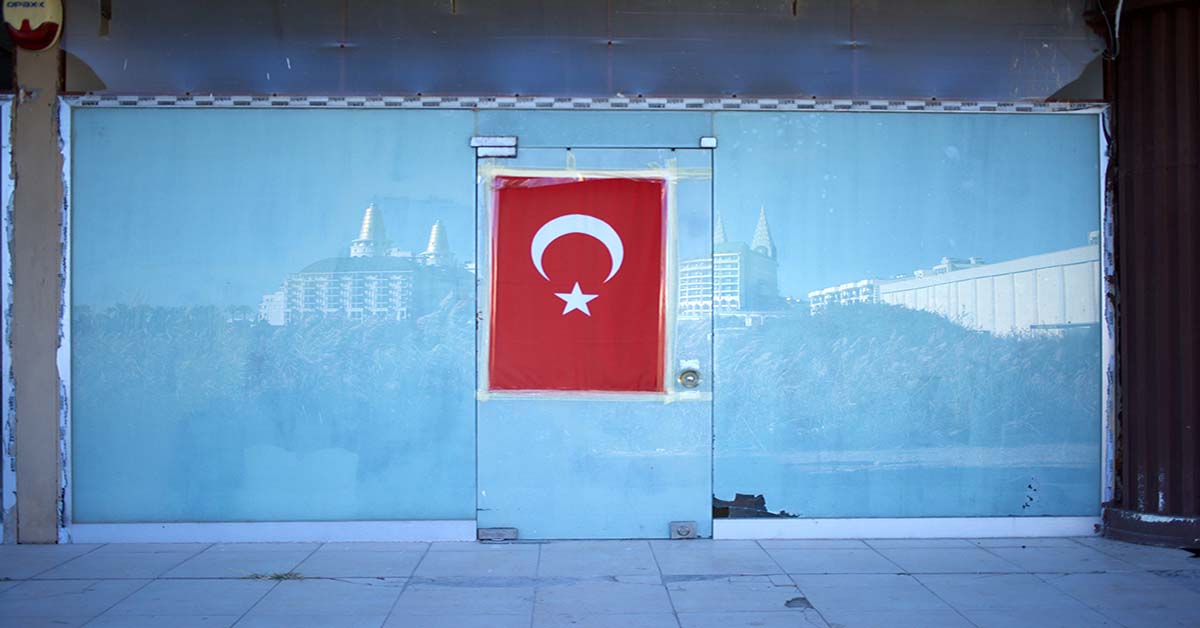
By Nilay Kılınç and Russell King
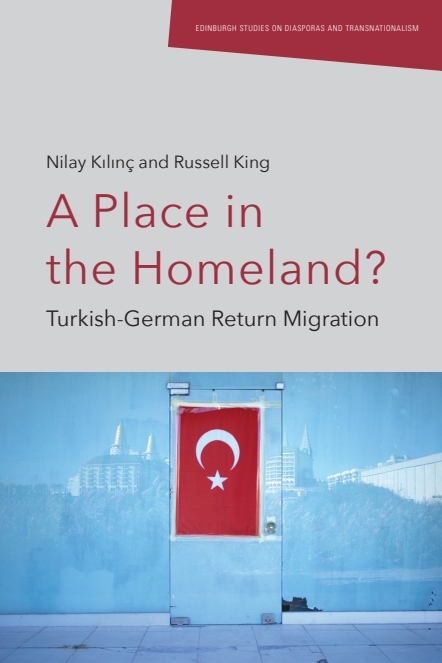
Nilay Kılınç and Russell King are the authors of A Place in the Homeland? Turkish-German Return Migration, which explores the Turkish-German second generation’s movement back to Turkey.
1. Tell us a bit about your book
Our book explores the diverse motivations behind second-generation Turkish-German return migration and how returnees navigate life in Turkey, particularly in areas such as education, employment and marriage. Unlike the first generation, whose returns were often economically driven, the second generation is primarily motivated by emotional factors—reconnecting with roots, aligning with lifestyle ideals and cultivating a sense of belonging.
Based on in-depth interviews with 71 returnees across five regions of Turkey, our study reveals how place profoundly shapes post-return experiences. Where returnees choose to live – be it Istanbul, Antalya, or smaller towns like Zonguldak, Sivas or Elazığ – influences how they envision and construct their lives.
A particular strength of our book lies in its temporal depth; our fieldwork spanned nearly a decade, during which Turkey and Germany experienced considerable political, economic, and social change. By situating personal narratives within these shifting contexts and examining how space and time intersect in the return process, we offer a nuanced and multidimensional analysis of this migratory experience.
2. What inspired you to research this area?
Nilay Kılınç: My interest in second-generation Turkish-German return migration was sparked unexpectedly in 2000, during a theatre tour to Berlin. I was just 11 years old – on my first trip abroad without my parents – when I met Turkish-German youths at a hostel in Kreuzberg. Their longing for a homeland they scarcely knew opened my eyes to questions of diasporic identity and belonging. Years later, during my undergraduate studies, I was introduced to the work of Professor Ayhan Kaya, whose research on second-generation Turkish-Germans and their transnational social fields deeply influenced me. While pursuing my MA in European Studies at Lund University, I chose to explore the return migration of second-generation Turkish-Germans, with a focus on gendered identity negotiations in post-return settings. During this time, I interned at the Malmö Institute for Studies of Migration, Diversity and Welfare, where I collaborated with Professor Russell King, a leading scholar on return migration. Our shared interests led to the Euro-Turks Return project and eventually, to the co-authorship of our book, A Place in the Homeland? Turkish-German Return Migration. I continued this line of research in my PhD, examining lifestyle-driven return migration and settlement among second-generation returnees in the touristic Antalya region.
Russell King: During 2012-13 I was the Willy Brandt Guest Professor in Migration Studies at Malmö University, on secondment from the University of Sussex. Part of my time at Malmö was spent writing the final manuscript of a book, co-authored with Anastasia Christou, entitled Counter-Diaspora: The Greek Second Generation Returns ‘Home’ (Harvard University Press, 2014), which resulted from a major grant from the UK’s Arts and Humanities Research Council. The meeting in Malmö with Nilay Kılınç, then a Master’s student at nearby Lund University, gave the two of us a chance to collaborate on the Turkish-German case of second-generation ‘return’ migration, initially for Nilay’s MA thesis and subsequently, over the ensuing years, in developing research for A Place in the Homeland?
3. What was the most exciting thing about this project for you?
Nilay Kılınç: Although I have lived abroad since 2011, this project brought me back to various corners of Turkey over the course of a decade. It allowed me to observe and experience life across diverse regions and settings of my homeland, while meeting hundreds of individuals from all walks of life. These encounters prompted deep reflection on the meaning of home and belonging – concepts that are uniquely interpreted and nurtured by each person, yet bound by a shared desire among second-generation Turkish-Germans: the search for a place in Turkey where they can sustain their multiple identities, languages and transnational ties. One of the most rewarding aspects of this journey was the opportunity to share insights and fieldwork experiences with Professor Russell King, with whom I had the pleasure of writing collaboratively for over a decade. Above all, the greatest fulfillment came from forming genuine connections – with people, with places and ultimately, with myself.
Russell King: As a late-career scholar with fifty years of research and writing on migration behind me, it was an inspiring and rejuvenating experience to work with Nilay, initially supervising her MA thesis and then working side-by-side on the 71 interview narratives she collected during fieldwork visits to Turkey between 2012 and 2019. Our collaboration on interpreting the rich narrative evidence and on writing the book proved to be immensely productive and thoroughly stimulating – and I hope some of this shared excitement shows through in the pages of the book.
4. Did you discover anything particularly strange or surprising?
Our book offers two particularly novel contributions, both emerging from unexpected discoveries during our fieldwork.
First, we reveal a link between lifestyle migration and return migration. We identified a notable group of second-generation returnees who relocated to Turkey’s Mediterranean coast, drawn by its mild climate, relaxed pace of life and cosmopolitan atmosphere. Cities like Antalya and smaller resort towns offered work in tourism and hospitality, where returnees could capitalise on their German and English language skills while enjoying a lifestyle akin to a permanent holiday. This lifestyle-driven migration among second-generation returnees remains under-explored, marking a distinctive contribution of our study.
Second, we examine a group of second-generation Turkish-Germans deported to Turkey following youth offences. This phenomenon has received limited scholarly attention. Some of these individuals also settled along the Mediterranean, where the tourism sector allowed them to reinvent themselves. In many cases, employers overlooked their past, offering a rare second chance. Our book traces the life stories of these young people, who were often deported alone and faced the daunting task of rebuilding their lives in an unfamiliar country. We explore how they navigated exclusion and marginalisation while striving to create new identities and futures in their ancestral homeland.
5. Did your research take you to any unexpected places or unusual situations?
Nilay Kılınç: The research indeed led me into some unexpected and unusual situations – one of which was my decision to visually portray the experiences of return migration. During my PhD fieldwork in Antalya, I initiated a documentary project focusing on second-generation Turkish-Germans who had returned or been deported to Turkey and subsequently found employment in the tourism industry. This visual exploration sought to shed light on the complex realities of return and reinvention. The resulting documentary titled Arkadaşloch – Nobody’s Problem (2022) was screened at 18 international film festivals and presented at five academic conferences across the globe.
For those interested in exploring the documentary on the second generation’s deportation from Germany and their reinvention of self within Antalya’s tourism industry, the film is available to watch here: https://vimeo.com/ondemand/arkadasloch
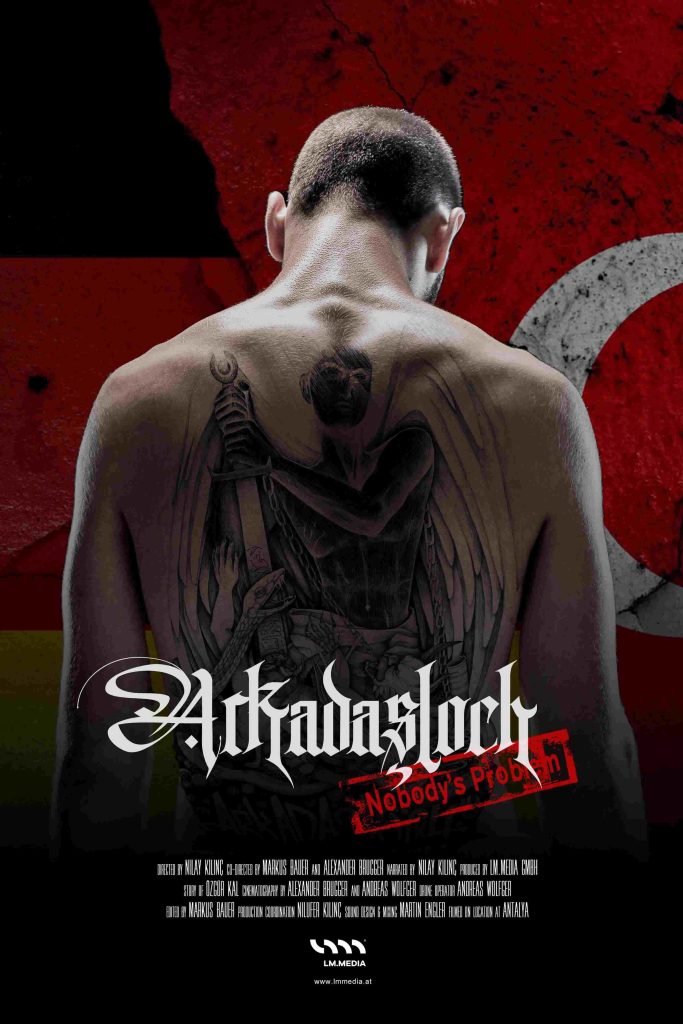
Documentary by Nilay Kılınç, 2022
Russell King: The key outcome of our research on Turkey has been an appreciation of the major role that spatial context, or place, has in structuring return migration outcomes. Second-generation returnees in, for example, the geographical settings of Istanbul, Antalya or some smaller provincial town in central or eastern Turkey faced very different combinations of opportunities and constraints, leading to a variety of outcomes ranging from economic success and personal self-realisation to frustration, disillusionment and feelings of rejection.
6. Has your research in this area changed the way you see the world today?
Nilay Kılınç: Yes, our research has changed the way I see the world today. Exploring second-generation Turkish-German return migration revealed how complex and layered the notions of identity, home and belonging truly are. I now understand that migration is not simply about movement across borders – it is navigating cultural, emotional and social terrains shaped by personal history, structural conditions and inherited ties. By unpacking what it means to ‘return’ to a place one never lived, I’ve come to question linear ideas of nationality, heritage and reintegration.
Our research showed me how privilege, precarity and dissonance operate differently across contexts and how individuals actively reshape their identities while confronting unfamiliar ‘rules of the game’. This has made me more sensitive to the fluidity of identity and the importance of intersectional experiences – how gender, citizenship, class and age matter. Ultimately, it taught me that migration is as much about transformation and negotiation as it is about movement.
7. What’s next for you?
As we approach the conclusion of our project on return migration, a number of contributions are still forthcoming. We are currently preparing a Special Issue entitled ‘Placing’ Return Migration: Intersectionalities of Gender, Age, Generation and Class, which we hope will be published in 2026. In addition, we are working on several journal articles and book chapters exploring themes of second-generation return migration and transnationalism, further expanding the scholarly conversation in this field.
About the authors
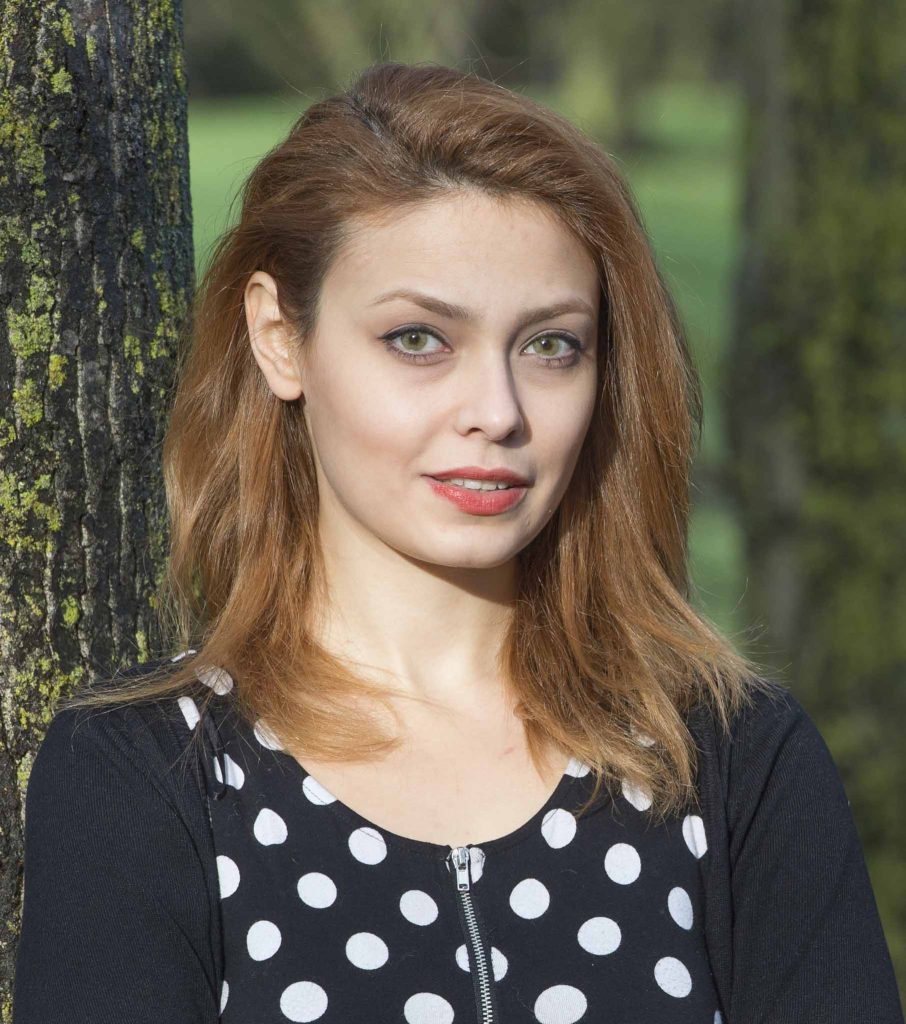
Nilay Kılınç is a Postdoctoral Researcher at the Helsinki Institute of Urban and Regional Studies, University of Helsinki. Her ongoing research project (2023–2026), funded by the KONE Foundation, investigates the civic engagement and acts of citizenship of creative migrants in Finland, with a particular focus on their participation through artistic practices within the context of Finnish democracy. More details about her research projects and publications can be found via: https://researchportal.helsinki.fi/en/persons/nilay-kilinc
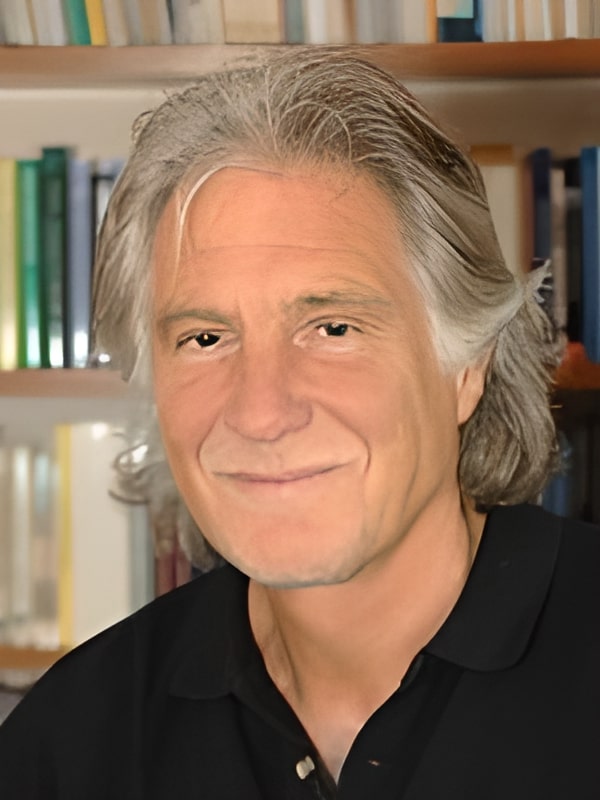
Russell King is Emeritus Professor of Geography at the University of Sussex. He has a long and wide experience of researching many forms of migration in Europe and beyond. Since the 1970s, he has pioneered research on return migration, with studies on Southern Italy, Malta, West Africa, Greece and Albania. Apart from Turkey, his most recent research has been on Albania and Kosovo, especially these countries’ experiences of brain drain of students, academics and high-skilled professionals. For an overview of Russell King’s publications and projects, please visit his profile at the University of Sussex: https://www.sussex.ac.uk/profiles/7433



